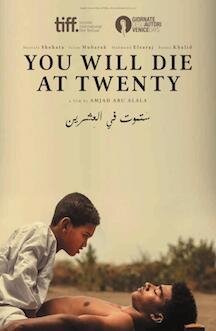Direction: Alexander Nanau
Country: Romania
This elucidative Romanian documentary directed by Alexander Nanau (Toto and his Sisters) follows a tenacious investigation led by Gazzete’s journalist Catalin Tolontan who, alongside a small team, disclosed governmental and corporate corruption related to the rotten Romanian health care system.
People moderately injured by a fire in the Bucharest night club Colectiv succumb due to bacteria in a hospital with improper disinfection policies.
The findings led to massive public protests and then to the resignation of the Minister of Health, prompting the new one, Vlad Voiculescu, to cooperate with the journalists and take unprecedented measures. Corrupt hospital managers and politicians were identified together with negligent medical staffs. Still, in the end, we are consumed by the frustration that arises from unpunished bribes and a fraudulent, dysfunctional Romanian state.
Solidly structured and incisive in its observations, the film never leaves you in doubt, showing that the truth is way too hard to digest. What we see here is not pretty - it’s simultaneously scary and infuriating to realize that people who are paid to guarantee a proper functionality of a health system don’t give a damn if you live or die. Collective leaves us speechless, but, fortunately, honest journalism still exists.








































